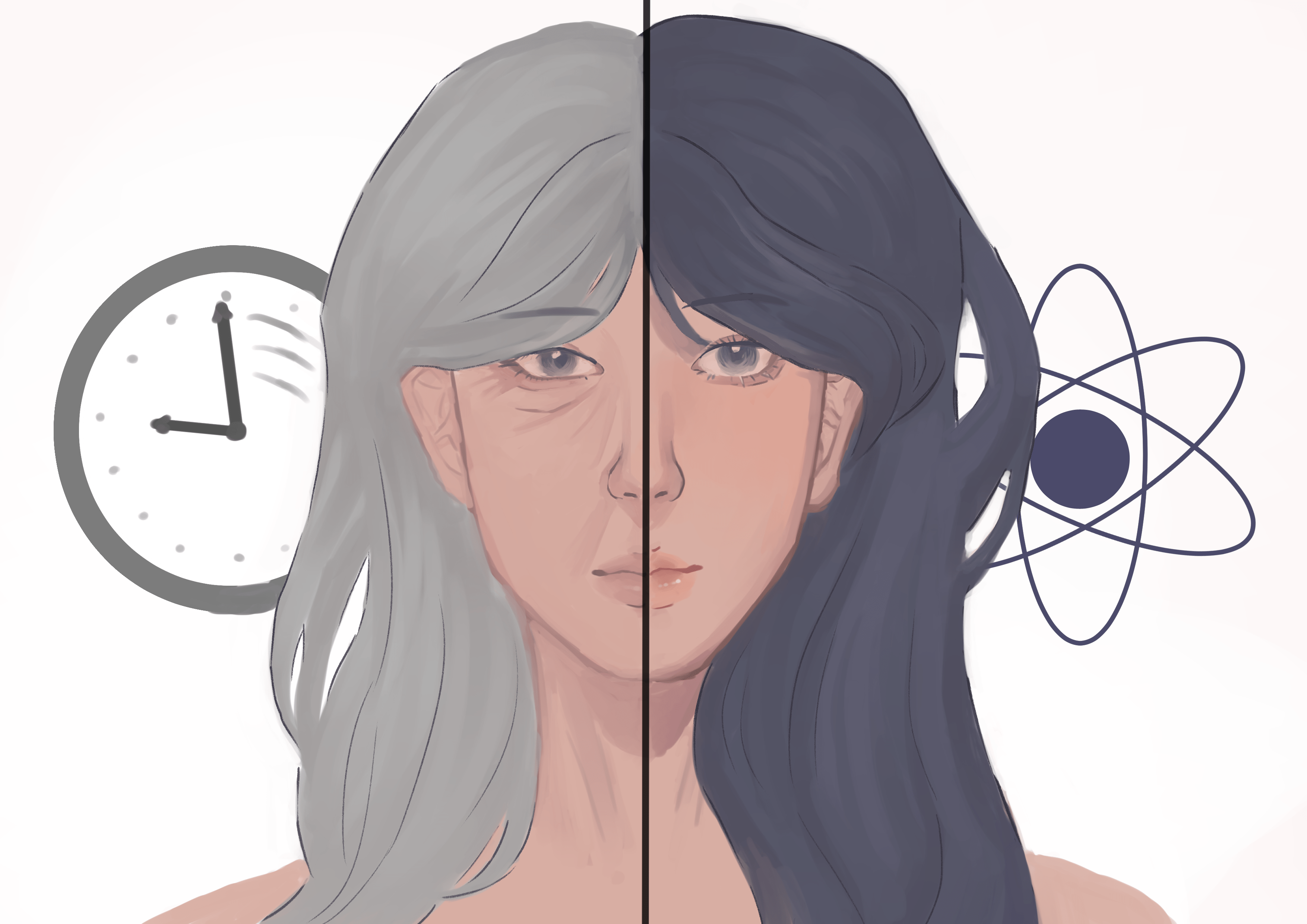Aging is universal and inevitable. While many associate aging with external changes, like the greying of the hair, wrinkles, and sun spots, the decline in muscle mass and health impacts individuals who do not engage in regular physical activity.
David Hood, a distinguished professor and researcher at York University’s Faculty of Health, has received a grant of over $1 million from the Canadian Institutes of Health Research (CIHR) to study muscular health, which may revolutionize our understanding of aging.
About the Research
Professor Hood’s research focuses on the critical roles of mitochondria and lysosomes, and seeks to uncover ways to combat age-related muscle loss. Mitochondria, often called cell powerhouses, play a vital role in cellular energy production. However, mitochondria naturally deteriorate as we age and also require cellular replacement. Lysosomes, or cellular “Pac-Man” organelles, break down dysfunctional mitochondria and other cellular components. Hood’s research is mainly interested in lysosomes and their inability to effectively degrade or remove dysfunctional mitochondria, as well as the effects of regular exercise on the cellular cleaning processes of lysosomes.
Muscle decline associated with aging is a common concern, especially in those who lead sedentary lifestyles. The research is highly relevant as musculoskeletal illnesses rank high in societal health burdens, as emphasized by Hood. It can highlight the significance of exercise on lysosomal functioning and the removal of dysfunctional mitochondria.
His research sits firmly at the intersection of biology and exercise science, utilizing various scientific methodologies such as microscopy, animal studies, and human tissue analysis to uncover the intricate mechanisms within muscle cells. The findings from this research can make major contributions to the fields of mitochondrial biology and exercise physiology.
Benefits of the Research
Hood’s research aims to further understand the role of lysosomes in mitochondrial degradation and the impact of exercise on lysosomal activity and mitochondria removal. Additionally, the research seeks to identify the influence of age and potential sex-related differences in mitochondrial dynamics in relation to muscle health. According to Hood, mouse models reveal that females have more mitochondria in muscle tissue than males. Past York research has also found that females have more lysosomes; his research will see if the same qualities are evident in humans.
Hood’s research can contribute to the scientific community by building on our understanding of mitochondria and the mechanisms of muscle decline. The findings of this study can help mitigate age-related muscle decline by identifying potential interventions such as exercise.
Mitochondrial research is an ever-evolving field. Although many researchers are working towards gaining a better understanding of mitochondria, Hood’s research stands out due to its potential to provide valuable insights into the aging process.
In our society, most individuals look for a magical elixir to stay young and healthy — there is considerable interest in developing interventions like pills to promote mitochondrial renewal. However, this is a hard pill to swallow: Hood reminds us that there is no “magic pill” for health and recommends regular physical activity. He mentions that “exercise stimulates the production of healthy mitochondria and we now know that it does the same with lysosomes.”
“Exercise not only helps keep mitochondria healthy, it also prevents some of the muscle wasting (atrophy) that we see in older people. Think about the degree of frailty in older populations. Exercise can counter that decline,” says Hood. The CIHR funding supports Hood’s research and can help unlock new knowledge and interventions. In return, this can promote healthy aging while creating a more resilient population.


